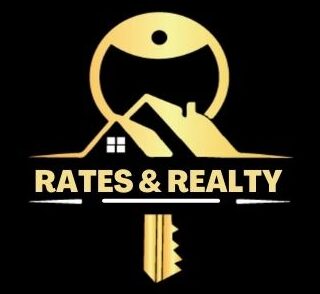Mortgage Loans
Down payment can vary depending on credit score and on which type of loan. FHA loan is 3.5% of total loan amount. Conventional can be between 3 -5%.
The main difference between the 2 type of loan programs are: FHA is geared to help first time home buyers with lower FICO scores, lower down payment and allows a higher debt to income ratio.
Debt to Income ratio is the percentage of your monthly gross income that goes toward paying your debts. Ex: monthly income = $4000. Monthly minimum debt payments (car, credit cards, mortgage loan, personal loans, school loans, etc.) = $1500. $1500/$4000 = 37.5% is your DTI. (DTI should be under 45% – 50%)
2 years or longer, if recent graduate must provide diploma/transcripts to be eligible to qualify with less than 2 years.
Document Checklist:
- Proof of Identity: Social Security Card, Driver License, work permit
- Credit Report
- Previous 2 years of W-2 & Tax Returns
- 2 months of recent bank statements or proof of where down payment is coming from.
- 1 month most recent paystubs
- Award letter, child support documents or alimony
Take these documents to your preferred lender so he can tell you how much you qualify for.
- FHA: 580 or above
- Conventional: 620 or above
- Anything above 700 is good
- 740 or higher is the best
Yes
Chapter 7: Must wait 2+ years after discharge to apply for FHA & VA Loans. Conventional 4+ years.
Chapter 11: Must wait 2+ years after discharge to apply for FHA & VA Loans. Conventional 4+ years.
Chapter 13: FHA & VA no wait time. Conventional 2+ years.
Yes
VA Loan: Must wait 2+ years
FHA Loan: Must wait 3+ years
Conventional Loan: Must wait 7+ years
Yes, must be a minimum 2 year history with no more than 6 months gap in between jobs.
Lenders require borrowers to pay PMI when they can’t come up with a 20% down payment on a home. It is an insurance that protects the lender incase you default on the loan.
FHA loan: You must refinance to switch to conventional to remove the mortgage insurance (Must have 80%LTV).
Conventional loan: Once your loan to value reaches 80% ( 20% equity) you can ask the lender to remove it. At 78% loan to value they must remove.
Escrow
Escrow is the use of a third party, which holds the funds before they are transferred from buyer to seller. The third-party holds the funds until both parties have fulfilled their contractual requirements.
Once your offer has been accepted and escrow has been opened. The average time is 30 days. It can be longer or shorter, depending on what buyer and seller agree too.
To fall out of escrow means the purchase contract has been cancelled.
- Buyer didn’t qualify for loan
- Home Inspection Issue
- Home didn’t appraise
- Liens or title issues
A condition of the Agreement of Sale that needs to occur in order for the transaction to keep moving forward.
Different types of contingencies:
- Buyer Inspections
- Appraisal
- Loan
- Reports/Disclosures
- Title: Preliminary Report
- Sale of Buyer’s Property
Normally the buyer and seller split the costs.
An appraisal determines the value of the home to ensure that the price reflects the home’s condition, age, location, and features such as the number of bathrooms. Also, appraisals help banks and lenders avoid loaning more money to the borrower than what the house is worth.
Earnest money is a deposit made to a seller that represents a buyer’s good faith to buy a home.

